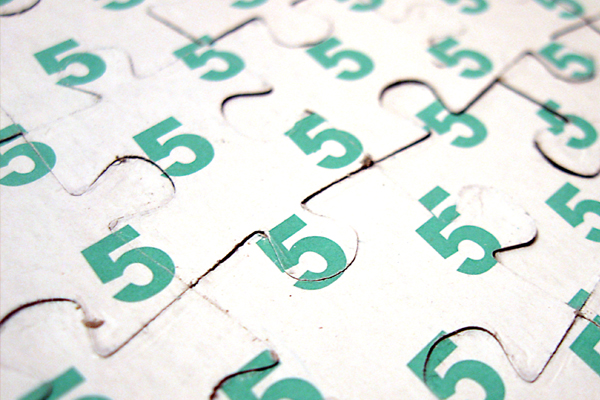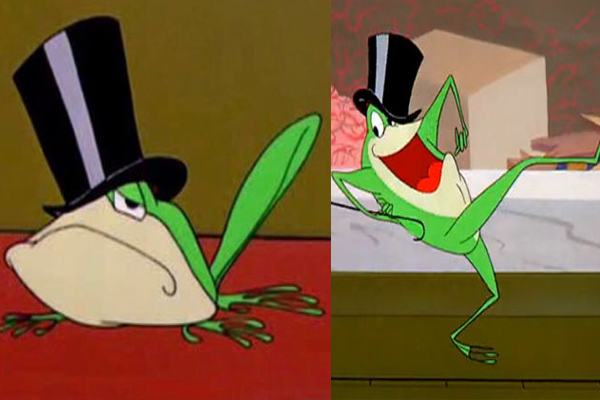One of the hardest times for me as a parent was the year that my son was diagnosed with an autism spectrum disorder.
It wasn’t due to the fact of his autism diagnosis, but due to the fact that I have never felt so lonely in my own head as a parent.
My daughter had just been born. My son was only two and a half and we were new residents of the community we live in now. We had previously lived in a bit more seclusion out in the country and so this was the first time my son and I were able to attend things like playgroups and community events. I had never been around small children before having my son and so when he taught himself to read at the age of 18 months, I thought he was simply really into letters. When I mentioned it to my pediatrician, she seemed to think he was just a bright child. He was making eye contact and showed his love physically. Later, he passed the Modified Checklist for Autism in Toddlers (M-CHAT) at the office and so, it seemed, at the time, that we were dealing with a bright child who loved numbers and letters like other children love trucks and dinosaurs. 
But then we moved, and suddenly there was a wealth of knowledge around me through the simple act of finally being able to visit playgroups with my son.
There were suddenly other children around me to observe and yes, although I shouldn’t have, I compared them to my own child.
While the other children were grabbing toys from the communal toy box and learning the ways of sharing, my child was overjoyed to walk around the room and turn on and off light switches for the majority of the time there. The only time he would stop would be storytime, where he would sit with rapt attention, not taking his eyes from the pages… and words.
I began really listening to how other children were beginning to pick up their language, in small chunks, one word at a time. Asking what things were if they didn’t know. My son would talk, but only by repeating things that he had heard. For example, if a cup spilled, instead of saying, “Oops,” he would say, “That’s okay buddy, we’ll clean that up.” The same thing we always said to him when that happened. He was speaking only by linking what he had heard in the past with the situation. I later learned that is called echolalia.
After a few months of comparing my son to other children and trying to put the pieces together in my head, I began to think that maybe there was something else at play with the way that he was developing. I began to comb the internet and type in the things that I was beginning to notice.
Automatically websites began to pop up that suggested an autism spectrum disorder diagnosis.
But how could this be? He had passed the pediatrician’s tests, he made eye contact, he hugged and kissed me and turned when I called his name. He wasn’t showing the classic signs that I believed, at the time, were meant to show someone on the spectrum. I had seen “Rain Man”. My son didn’t resemble Dustin Hoffman at all.
Even though evidence kept presenting itself to me, I had a nagging feeling in the pit of my stomach that something wasn’t adding up. Even though professionals had told me his development was on the neurotypical scale, that uneasy feeling never left and each day I woke up with it and went to bed with it.
The feeling would grow during the day as I watched my son interact with the world.
I began to reach out. I needed my feeling to be validated. I needed someone to see what I was seeing. I needed to feel like I wasn’t crazy. I mentioned my concerns to my husband, who was also unsure about our son’s development and the fact that he wasn’t completely on board with the doctor’s assessment gave me pause. My husband is just as much a hands-on parent as I am. Friends who had known our son since he was born would reassure me that they felt that everything was fine and that I was worrying too much over things. For a while, I tried to believe them. But with each kind reassurance, I simply felt more and more alone in my world and my thoughts. I began to feel like I really was crazy, and that the world around me was gaslighting me.
Were they seeing the same behavior I was seeing from my son, and making a completely different assessment about his development?
Now, sometimes I look back and laugh about the entire time because I remember that old Warner Brothers cartoon where the man finds the tap dancing, singing frog and the frog will only perform for him when they are in complete seclusion and no one believes this ordinary frog is capable of doing these amazing things. As a parent, I guess I’ve learned to accept that my life will look more like a cartoon, than reality at times.
But there we were, my little boy and I, with this strange secret between us.
That’s really how it felt. I knew he was seeing the world in a different way than the other children around him and maybe so did he. But at the time, no one else could see it. There were moments when he didn’t understand my anger or frustration and would laugh when he saw my face contort in a scowl. He wouldn’t be able to pick up on subtle inflections in my voice that told him I was feeling upset or happy. Sometimes, when he had done something that he knew I would be excited about, he would throw his hands over his ears preparing for the excited noise I might make, or run out of the room because the excitement in his body needed a place to release. I wanted to connect better with my son. I wanted to understand him and the fact that I felt like I was the only one who knew that there might be more work in connecting with him brought on waves of depression.
But then, one day, as I was carrying my daughter up the steps of my husband’s work in her car seat, my son trailing behind me. He said something that blew all of the doubt and fog from my mind. He looked up at me struggling with the car seat up the steps and said clearly,
Do you want me to carry her through the long hallways? No, that’s okay. I’ve got her.
I was shocked.
This was a conversation that my husband and I had had at that very spot two weeks earlier. My son had memorized it and saw me in the same position and was repeating it back verbatim. I went home and immediately called the Vermont Family Network. I was done wondering. Within a few weeks, a worker from VFN was at our small apartment watching my son and asking questions. She even told me that she was observing some red flags for atypical behavior. And then the day before his third birthday, with my six-month-old baby in my arms, my son was officially given an autism diagnosis.
The doctor that diagnosed him paused after he said the words and waited, trying to read my face. It was clear that he had experienced a rainbow of emotions from caregivers when handing out this news.
And then he asked me how I felt and with tears in my eyes I said, “Relieved.”
The secret my son and I had shared was out. The weight in my chest lifted and I left that office with both of my amazing children and an armload of books and papers that I could use to better parent my son.
This is my story of getting to know my son and what he needs so that he can better understand this world and have a full life. Other parents will have this same journey but may come to the conclusion that their child needs athletics or music in their life, that their child needs more time to be alone at the end of the day to succeed or that he needs more time to socialize with others to find peace. Our children are all little puzzles that may or may not contain extra pieces, and never have edge pieces or a picture on the box to guide us.
The worst thing is feeling like you are putting this puzzle together alone like you are searching for a missing piece by yourself.
To those parents and caregivers who are searching for that piece and feel that weight, do something about it. If you feel like your child needs extra help like something isn’t adding up, investigate it. Don’t spend nights wondering because that feeling is never going to go away on its own. Your child might be missing out on amazing programs or aid through their school because you might fear her being labeled with a condition that often carries stigma. The stigmas remain only if we stay silent and ashamed. Labels and diagnoses don’t need to go any further than being on a piece of paper to get your child the specialized help he needs. Both your child’s and your mental health will benefit from doing the work of hunting for that missing piece.
To those friends who are in someone’s life that is searching, if they come to you and say that they may feel that their child is developing in a different way than those around them, aid in their journey, encourage them to investigate, even if your heart says otherwise. Your friend or partner is going to bed thinking about this each night, waking up thinking about it.











